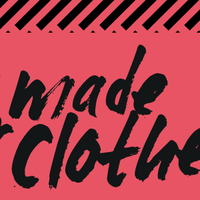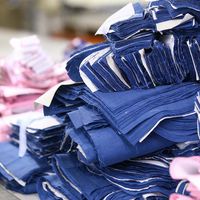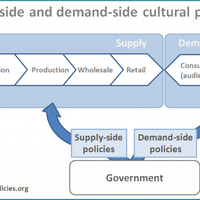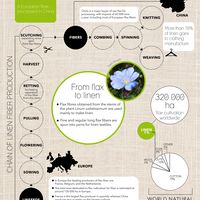A Fashion Revolution in Southeast Asia? | production, consumption and sustainability
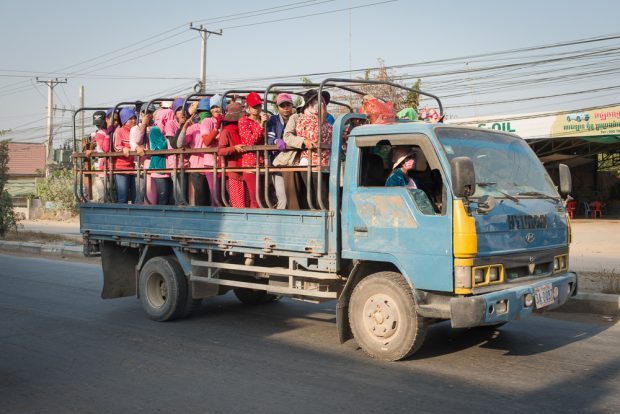
It's Fashion Revolution Week! The Kindcraft, an independent online magazine focused on handmade goods + slow fashion, takes a look at the changing culture of producers and consumers in the fashion sector in Southeast Asia. It examines tensions between challenges to develop sustainability and a fashion industry set up to feed the 'fast fashion' and mass-market consumer trends, putting many traditional craft cultures under pressure.
FASHION REVOLUTION WEEK: 24TH-30TH APRIL 2017
Fashion Revolution Week is the #whomademyclothes campaign in April, which happens at the time of the Rana Plaza factory collapse, where 1,138 people were killed and many more injured on 24th April 2013. Fashion Revolution uses this week to encourage millions of people to
ask brands ‘Who made my clothes’ and demand greater transparency in the fashion supply chain.
Read The Kindcraft article: A Fashion Revolution in Southeast Asia?
Sometimes overlooked in the discussion about consumption and “fast fashion” is a key detail: Places that mass-produce clothes for global consumers are, in fact, becoming the world’s fastest-growing markets for them. The challenge for any successful sustainability effort is to raise awareness and shape demand in these newest frontiers of consumer culture – even as it addresses current problems of worker safety, fair pay, and environmental responsibility.
Southeast Asia is perhaps the perfect microcosm to examine these complex tensions between a developing economy’s past, present, and future. Currently a producer of apparel for global markets, the region’s consumer class is young, interested in brand-name goods, and expected to double in size over the next decade.
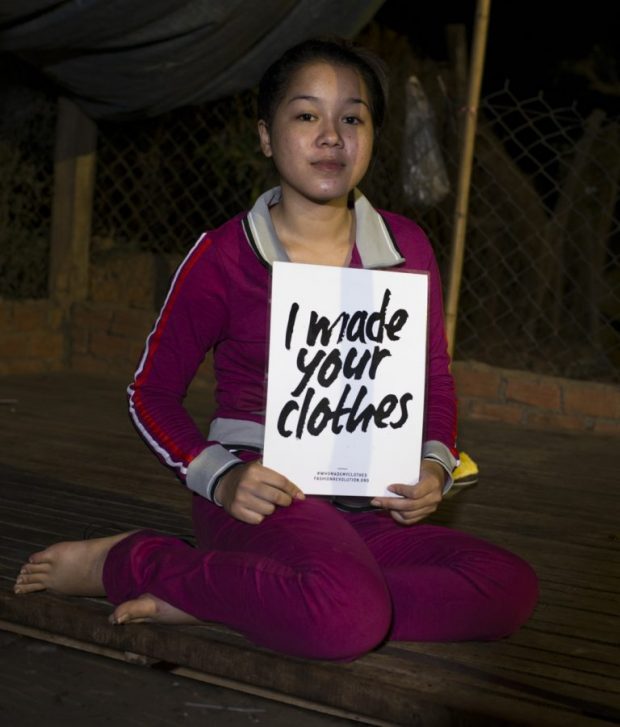
This growing glut of mass-produced products has put many traditional craft cultures under pressure and this, coupled with greater social awareness, seems to have triggered a Southeast Asian conversation” about “Who Made My Clothes?”.
Started in the wake of the Rana Plaza factory disaster, UK-based Fashion Revolution campaigns for supply chain transparency. The hope is to improve poor working conditions which continue to affect many garment workers in Bangladesh and other nations – but also to generate consumer awareness about how clothes are made.
The Kindcraft spoke with four of the group’s coordinators in Southeast Asia to hear their thoughts on current challenges, consumption, and craft culture: Emily Lush in Cambodia, Sasibai Kimis in Malaysia, Christine Gent in Thailand, and Florence Bacin in Vietnam.
Images: [Cambodia] Claudio Montesano Casillas
Similar content
posted on
23 Apr 2014
from - to
01 Mar 2017 - 30 Apr 2017
30 May 2016
12 Jul 2011

